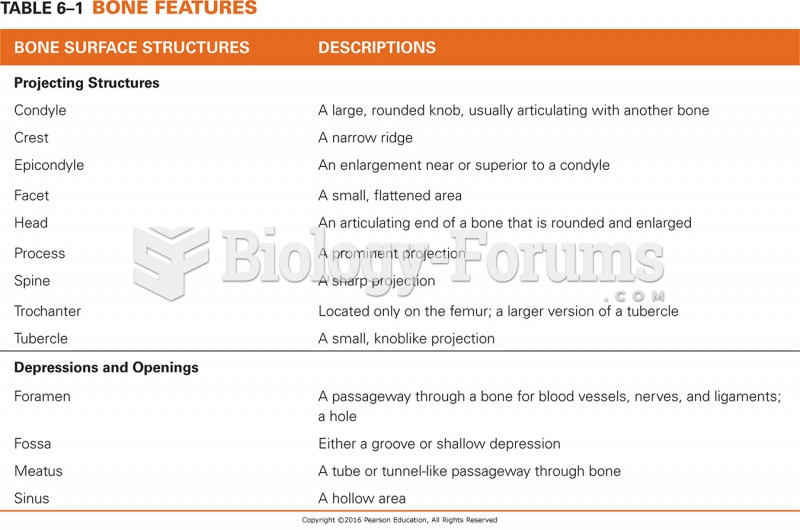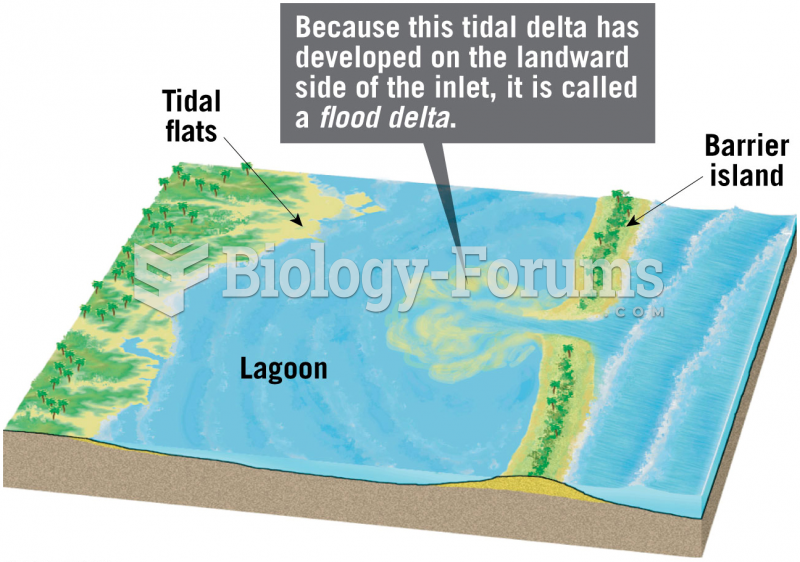Answer to Question 1
As a style, postmodernism is marked by a bemused awareness of a historical past whose reality has been processed by mass communication and information technology. Postmodern artists appropriate (or borrow) preexisting texts and images from history, advertising, and the media. Their playful amalgam of disparate styles mingles the superficial and the profound. Postmodernism is also pluralistic, and works carry many-faceted meanings, as well as the incorporation of numerous, yet disparate, stylistic influences.
Postmodern writers share the contemporary philosopher's disdain for rational structure and the deconstructionist's fascination with the function of language. They tend to bypass traditional narrative styles in favor of techniques that parody the writer's craft, mingle past, present, and future events, leave situations unresolved, and freely mix the ordinary and the bizarre. The language of postmodern fiction is often diffuse, discontinuous, and filled with innuendo and commentary, often in the form of length footnotes.
Magic realism is a mostly Latin American style that describes a genre in which unreal or surreal elements appear in an otherwise realistic setting. Magic realist stories often feature unexpected shifts in time and place and dreamlike, mythic settings.
Answer to Question 2
The profound advances in science and technology during the information age have worked to make the planet smaller, the universe larger, and methods of navigating the two ever more promising. Modern physics, genetics decoding, and brain research have allowed humans to view themselves as an entity in even more minute terms, from chaotic quanta to combinations of DNA units.
While science moves forward optimistically to reveal the underlying natural order, philosophy has entered a phase of radical skepticism that denies the existence of any true or uniform system of thought. The Austrian Ludwig Wittgenstein held that all forms of expression, and, indeed, all truths, are dominated by the limits of language as a descriptive tool. Following Wittgenstein, philosophers tried to unlock the meaning of the text (that is, any mode of cultural expression) by way of a close analysis of its linguistic structure. These explorations led to postmodernism, the defining aesthetic of late twentieth-century culture.







